List of sovereign states in 1971
| Sovereign states by year | ||
|---|---|---|
| List of sovereign states in 1970 | Events of 1971 | List of sovereign states in 1972 |
Internationally recognized sovereign states
A

Capital: Abu Dhabi.svg.png)
Capital: Kabul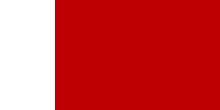
Capital: Ajman.svg.png)
Capital: Tirana
Capital: Algiers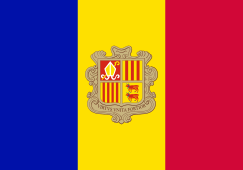
Capital: Andorra la Vella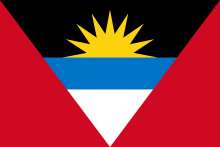
Capital: St. John's
Capital: Buenos Aires
Capital: Canberra
Capital: Vienna
B
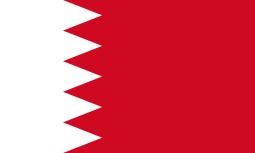
Capital: Manama.svg.png)
Capital: Dhaka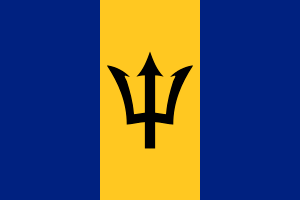
Capital: Bridgetown.svg.png)
Capital: Brussels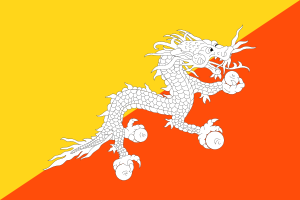
Capital: Thimphu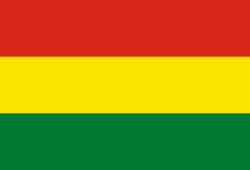
Capital: Sucre (official), La Paz (administrative)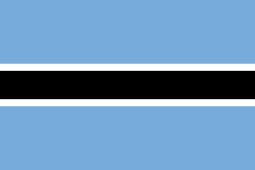
Capital: Gaborone.svg.png)
Capital: Brasília.svg.png)
.svg.png)
Capital: Sofia.svg.png)
Capital: Rangoon.svg.png)
Capital: Bujumbura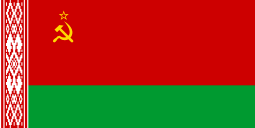
Capital: Minsk
C
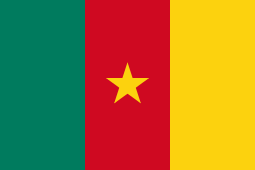
Capital: Yaoundé
Capital: Ottawa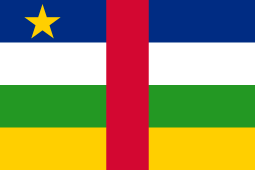
Capital: Bangui.svg.png)
Capital: Colombo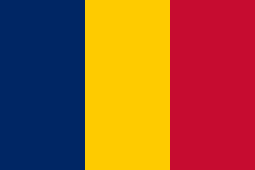
Capital: N'Djamena
Capital: Santiago
Capital: Beijing
Capital: Taipei (seat of government), Nanjing (claimed)
Capital: Bogotá.svg.png)
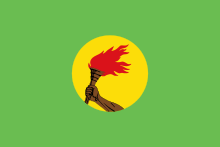
Capital: Kinshasa- Democratic Republic of the Congo (to 27 October)
- Zaire (from 27 October),
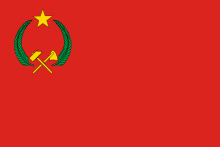
Capital: Brazzaville
Capital: Avarua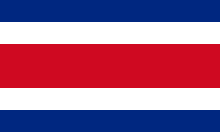
Capital: San José
Capital: Havana.svg.png)
Capital: Nicosia
Capital: Prague
D
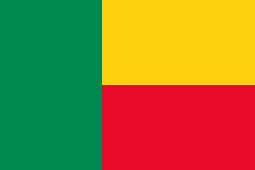
Capital: Porto-Novo (official), Cotonou (seat of government)
Capital: Copenhagen.svg.png)
Capital: Roseau
Capital: Santo Domingo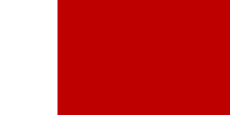
Capital: Dubai
E

Capital: Quito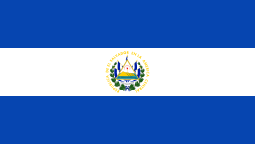
Capital: San Salvador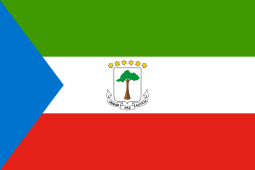
Capital: Malabo.svg.png)
Capital: Addis Ababa
F
G
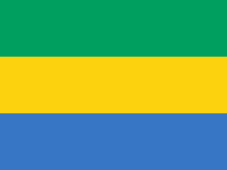
Capital: Libreville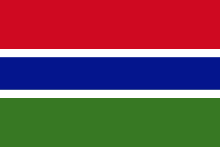
Capital: Banjul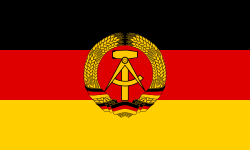
Capital: East Berlin (disputed)
Capital: Bonn
Capital: Accra.svg.png)
Capital: Athens.svg.png)
Capital: St. George's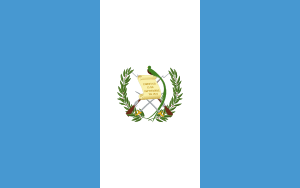
Capital: Guatemala City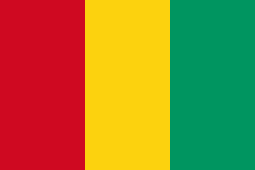
Capital: Conakry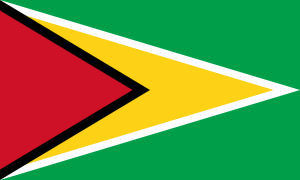
Capital: Georgetown
H
.svg.png)
Capital: Port-au-Prince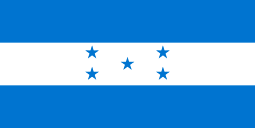
Capital: Tegucigalpa
Capital: Budapest
I

Capital: Reykjavík
Capital: New Delhi
Capital: Djakarta.svg.png)
Capital: Tehran%3B_Flag_of_Syria_(1963%E2%80%931972).svg.png)
Capital: Baghdad
Capital: Dublin
Capital: Jerusalem.svg.png)
Capital: Rome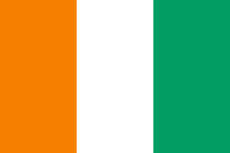
Capital: Abidjan
J
K

Capital: Nairobi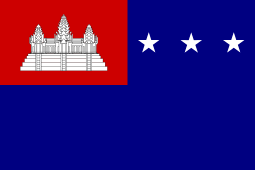
Capital: Phnom Penh
Capital: Seoul (de jure)
Capital: Seoul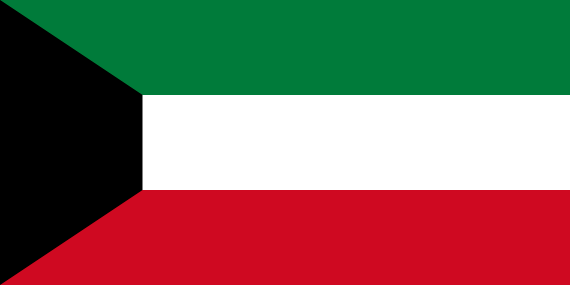
Capital: Kuwait City
L
.svg.png)
Capital: Vientiane
Capital: Beirut.svg.png)
Capital: Maseru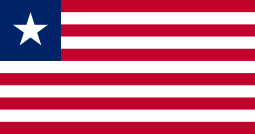
Capital: Monrovia.svg.png)
Capital: Tripoli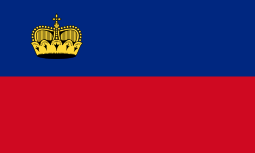
Capital: Vaduz
Capital: Luxembourg
M
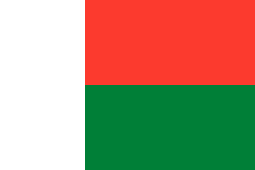
Capital: Antananarivo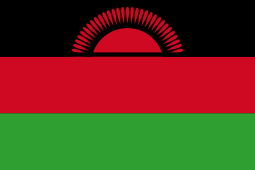
Capital: Lilongwe
Capital: Kuala Lumpur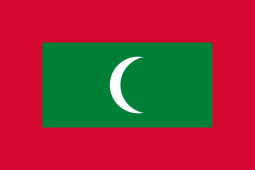
Capital: Malé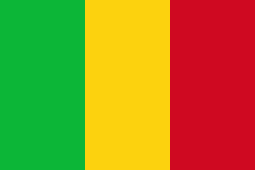
Capital: Bamako
Capital: Valletta.svg.png)
Capital: Nouakchott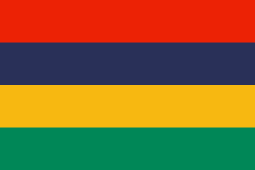
Capital: Port Louis
Capital: Mexico City
Capital: Monaco.svg.png)
Capital: Ulaanbaatar
Capital: Rabat
N
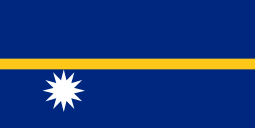
Capital: Yaren (unofficial)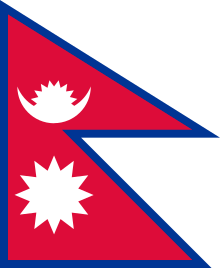
Capital: Kathmandu
Capital: Amsterdam (official), The Hague (seat of government)
Capital: Wellington
Capital: Managua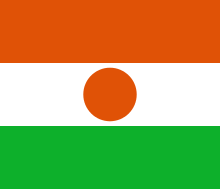
Capital: Niamey
Capital: Lagos
Capital: Oslo
O
.svg.png)
Capital: Muscat, Oman
P

Capital: Islamabad
Capital: Panama City.svg.png)
Capital: Asunción
Capital: Lima.svg.png)
Capital: Quezon City (official), Baguio (summer)
Capital: Warsaw
Capital: Lisbon
Q
R

Capital: Ras al-Khaimah.svg.png)
Capital: Salisbury.svg.png)
Capital: Bucharest.svg.png)
Capital: Kigali
Capital: Kasese
S
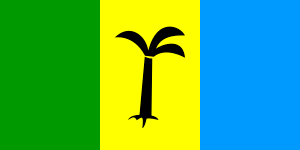
Capital: Basseterre.svg.png)
Capital: Castries.svg.png)
Capital: Kingstown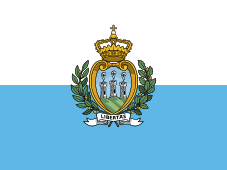
Capital: San Marino.svg.png)
Capital: Riyadh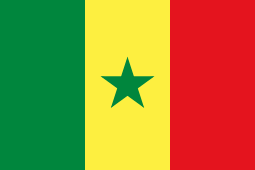
Capital: Dakar
Capital: Sharjah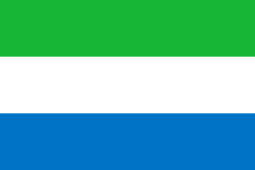
Capital: Freetown- Sierra Leone (to 19 April)
- Republic of Sierra Leone (from 19 April)

Capital: Singapore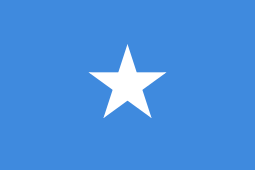
Capital: Mogadishu.svg.png)
Capital: Pretoria (administrative), Cape Town (legislative), Bloemfontein (judicial).svg.png)
Capital: Moscow.svg.png)
Capital: Madrid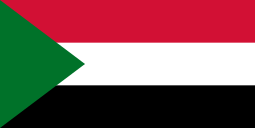
Capital: Khartoum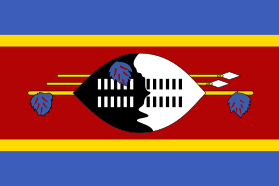
Capital: Mbabane (administrative), Lobamba (royal and legislative)
Capital: Stockholm
Capital: Bern%3B_Flag_of_Syria_(1963%E2%80%931972).svg.png)
Capital: Damascus
T
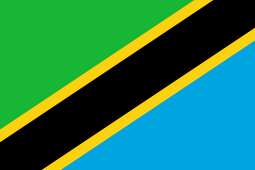
Capital: Dar es Salaam
Capital: Bangkok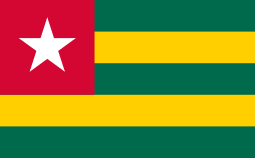
Capital: Lomé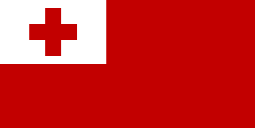
Capital: Nukuʻalofa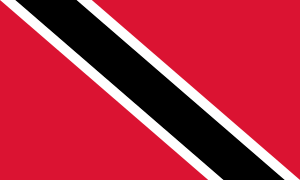
Capital: Port of Spain.svg.png)
Capital: Tunis
Capital: Ankara
U

Capital: Kampala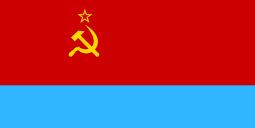
Capital: Kiev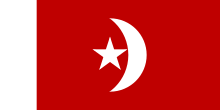
Capital: Umm al-Quwain
Capital: Abu Dhabi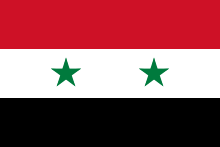

Capital: Cairo- United Arab Republic (to 2 September)
- Arab Republic of Egypt (from 2 September)

Capital: London
Capital: Washington, D.C.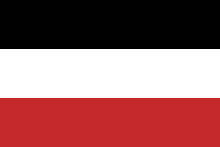
Capital: Ouagadougou
Capital: Montevideo
V
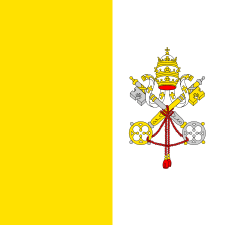
Capital: Vatican City.svg.png)
Capital: Caracas
Capital: Hanoi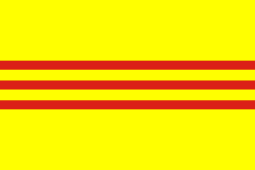
Capital: Saigon
W
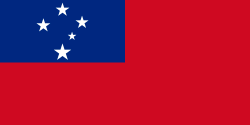
Capital: Apia
Y
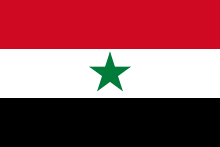
Capital: Sana'a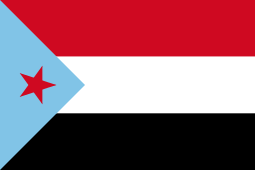
Capital: Aden.svg.png)
Z
Non-sovereign territories
Antigua
Australia

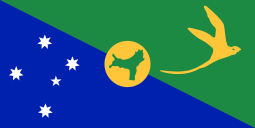
_Islands.svg.png)


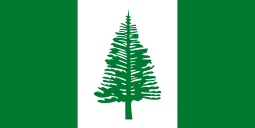
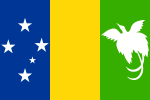
Denmark
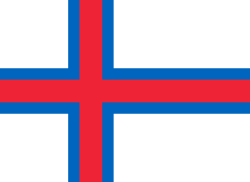
Finland
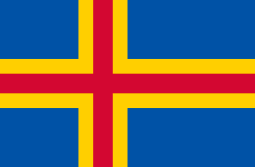
France
.svg.png)
- French Afars and Issas (Overseas territory)
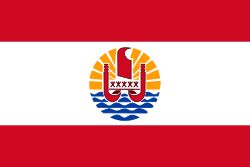
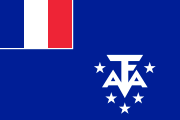
- New Caledonia (Overseas territory)
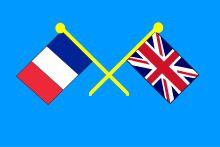
- Saint Pierre and Miquelon (Overseas territory)
- Scattered Islands in the Indian Ocean (Overseas territory), consisting of five uninhabited possessions:
- Bassas da India (Disputed by Madagascar)
- Europa Island (Disputed by Madagascar)
- Glorioso Islands (Disputed by Madagascar, Comoros and the Seychelles)
- Juan de Nova Island (Disputed by Madagascar)
- Tromelin Island (Disputed by Mauritius and the Seychelles)

Greece
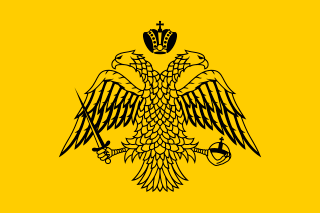
Netherlands
.svg.png)

New Zealand
- Niue
- Ross Dependency (Suspended under the Antarctic Treaty)
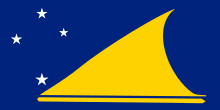
Norway
- Bouvet Island
- Peter I Island (Suspended under the Antarctic Treaty)
- Queen Maud Land (Suspended under the Antarctic Treaty)
Portugal
- Angola (Overseas province)
- Cape Verde Islands (Overseas province)
.svg.png)
- Portuguese Guinea (Overseas province)
- Portuguese Timor (Overseas province)
- São Tomé and Príncipe (Overseas province)
- Macau (Overseas province)
United Kingdom
.svg.png)
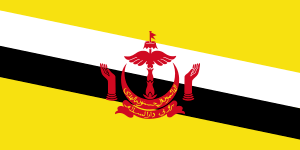
.svg.png)
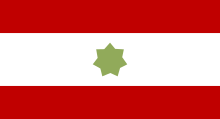
- Canton and Enderbury Islands (Protected jointly with United States)

- Akrotiri and Dhekelia – Sovereign Base Areas of Akrotiri and Dhekelia (Crown colony)
.svg.png)
.svg.png)
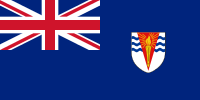
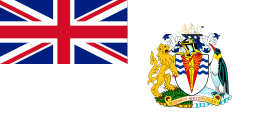
.svg.png)
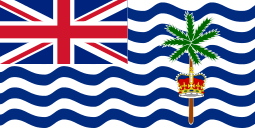
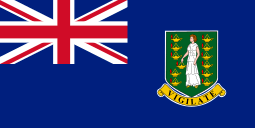
- British Western Pacific Territories (Crown colony), consisting of two territories
.svg.png)
.svg.png)
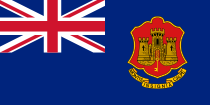
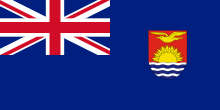
.svg.png)
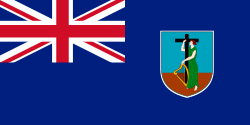
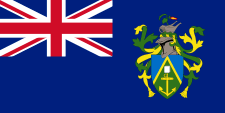
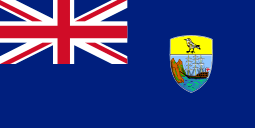

.svg.png)
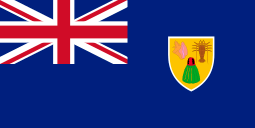
.svg.png)
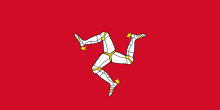
.svg.png)
United States
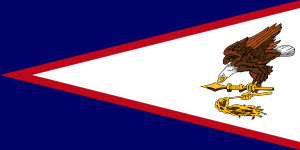
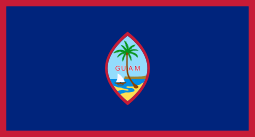

.svg.png)
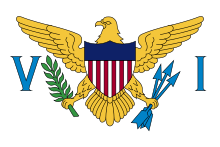
- Bajo Nuevo Bank (Uninhabited unincorporated territory claimed by Colombia and Nicaragua)
- Baker Island (Uninhabited unincorporated territory)
- Birnie Island (Uninhabited unincorporated territory, claimed by United Kingdom)
- Caroline Island (Uninhabited unincorporated territory, claimed by United Kingdom)
- Christmas Island – Kiritimati (Uninhabited unincorporated territory, claimed by United Kingdom)
- Corn Islands (Uninhabited unincorporated territory to 25 April)
- Howland Island (Uninhabited unincorporated territory)
- Jarvis Island (Uninhabited unincorporated territory)
- Johnston Atoll (Uninhabited unincorporated territory)
- Kingman Reef (Uninhabited unincorporated territory)
- Midway Atoll (Uninhabited unincorporated territory)
- Navassa Island (Uninhabited unincorporated territory claimed by Haiti)
- Quita Sueño Bank (Uninhabited unincorporated territory claimed by Colombia)
- Roncador Bank (Uninhabited unincorporated territory claimed by Colombia)
- Serrana Bank (Uninhabited unincorporated territory claimed by Colombia)
- Serranilla Bank (Uninhabited unincorporated territory claimed by Colombia, Jamaica, and Nicaragua)
- Swan Islands (Uninhabited unincorporated territory)
- Wake Island (Uninhabited unincorporated territory claimed by the Marshall Islands)
- Canton and Enderbury Islands (Condomium with the United Kingdom)
.svg.png)
Other entities
Excluded from the list above are the following noteworthy entities which either were not fully sovereign or did not claim to be independent:
- Antarctica as a whole had no government and no permanent population. Seven states claimed portions of Antarctica and five of these had reciprocally recognised one another's claims.[10] These claims, which were regulated by the Antarctic Treaty System, were neither recognised nor disputed by any other signatory state.[11]


.svg.png)
- The Saudi–Iraqi neutral zone was a strip of neutral territory between Iraq and Saudi Arabia.
.svg.png)
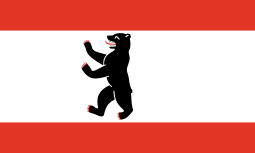
References
- 1 2 3 4 5 Abu Dhabi, Dubai, Sharjah, Ajman, Umm al-Quwain, and Fujairah became fully independent states when the British Protectorate over the Trucial States came to an end on 1 December 1971. The next day, they united to form the United Arab Emirates.
- ↑ The name "Argentine Nation" was also used for the purposes of legislation.
- ↑ Ireland also had the legal description of "Republic of Ireland", although this was not its constitutional name.
- ↑ Israel was not recognized by Afghanistan, Algeria, Bahrain, Bangladesh, Chad, Cuba, Indonesia, Iran, Iraq, Jordan, Kuwait, Lebanon, Libya, Malaysia, North Korea, Pakistan, Saudi Arabia, Sudan, Syria, the United Arab Emirates, or Yemen.
- ↑ North Korea was not recognized by Estonia, France, Japan, or South Korea.
- ↑ South Korea was not recognized by the Soviet Union, the People's Republic of China, or North Korea.
- ↑ Qatar gained independence from the United Kingdom on 3 Sep 1971
- ↑ Ras al-Khaimah became fully independent when the British Protectorate over the Trucial States came to an end on 1 December 1971. On 11 February 1972 it joined the United Arab Emirates.
- ↑ Rwanda's official French name was "République rwandaise". "Archived copy" (PDF). Archived from the original (PDF) on 2007-06-22. Retrieved 2006-08-27. . It could be translated into English as "Rwandese Republic" s:CIA World Fact Book, 2004/Rwanda, "Rwandan Republic" , or "Republic of Rwanda" .
- ↑ Rogan-Finnemore, Michelle (2005), "What Bioprospecting Means for Antarctica and the Southern Ocean", in Von Tigerstrom, Barbara, International Law Issues in the South Pacific, Ashgate Publishing, p. 204, ISBN 0-7546-4419-7 "Australia, New Zealand, France, Norway and the United Kingdom reciprocally recognize the validity of each other's claims."
- ↑ CIA – the World Factbook – Antarctica – accessed 19 January 2008
- ↑ Bilateral relations with countries Archived 2008-06-26 at the Wayback Machine., Retrieved 2009-12-22
- ↑ Chapter General of the Sovereign Military Hospitaller Order of St. John of Jerusalem of Rhodes and of Malta (1998-01-12). Constitutional Charter and Code of the Sovereign Military Hospitaller Order of St. John of Jerusalem, of Rhodes, and of Malta, promulgated 27 June 1961, revised by the Extraordinary Chapter General 28–30 April 1997, Article 3 "Sovereignty," Paragraph 1 (PDF). Rome: Tipografia Arte della Stampa. p. 11.
This article is issued from
Wikipedia.
The text is licensed under Creative Commons - Attribution - Sharealike.
Additional terms may apply for the media files.